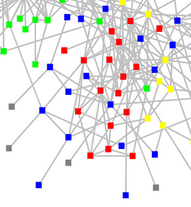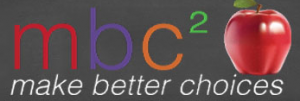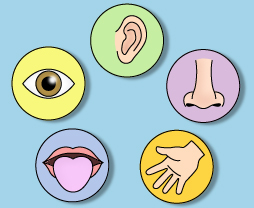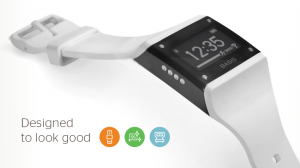2012 BrainArt Design Contest
Monday, December 31st, 2012Earlier this year I described a design contest sponsored by the BrainArt project that looked especially relevant for cognitive designers. They wanted submissions that use art and design to convey the neuroscience of everyday pleasure. There were many entries and the results can be viewed in a virtual gallery.
I was especially proud that my son, Maxim Clare won a special mention for his piece on:
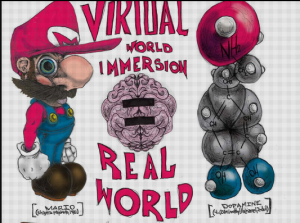 VIRTUAL IMMERSION, REAL REWARD
VIRTUAL IMMERSION, REAL REWARD
“Video games are akin to the mind in that they create worlds. Immersion is when we find ourselves lost in these worlds. To be lost in these worlds is to free of what was once possible. The physiology responds with bursts of neurotransmitters from the reward and attention centers. The process drives us deeper. A cycle is born, we are immersed.”
His graphic illustrates Mario, a well-known video game character morphing into a dopamine molecule. He developed this in part as a response to: An argument against immersion in video games.
Immersion is just one concept developed during the BrainArt contest that is relevant to cognitive designers. I am interested to hear from readers that see others.

